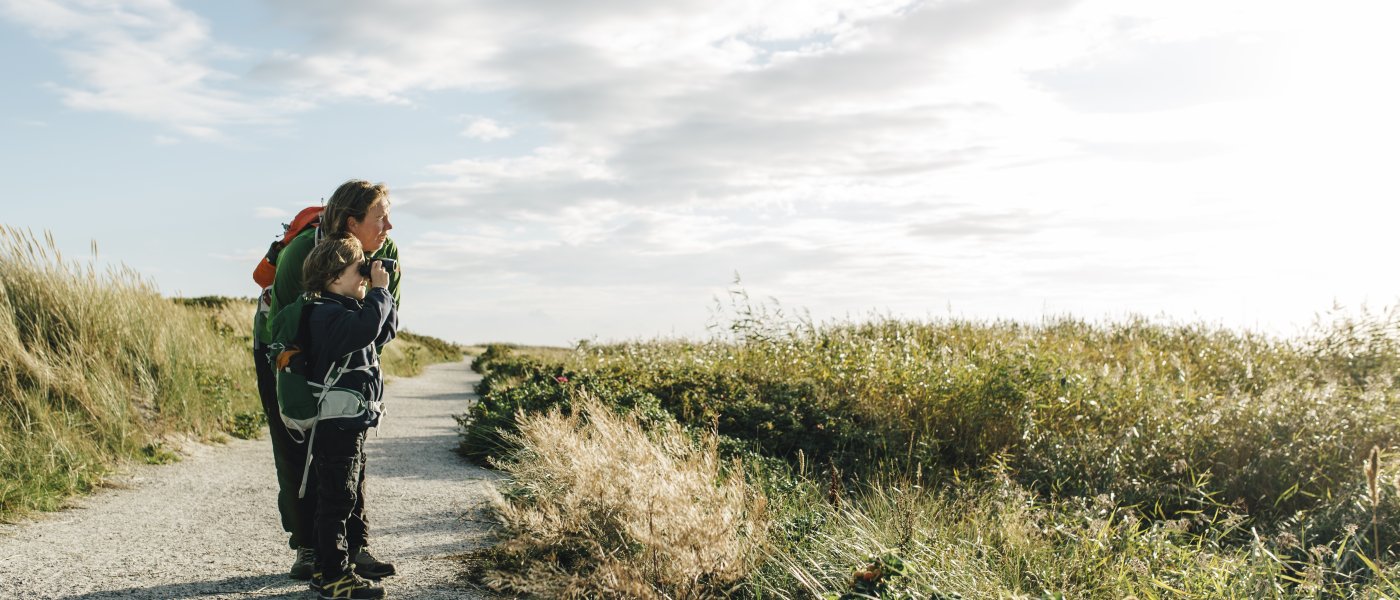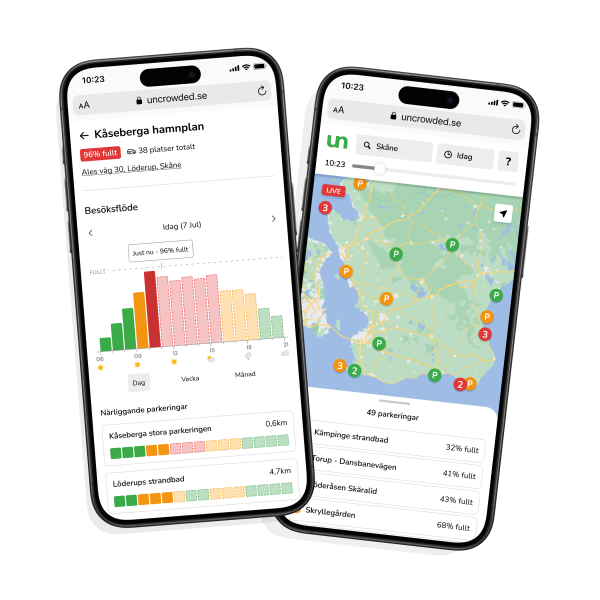
Smart Nature
The region of Skåne in South Sweden is home to a wide variety of natural landscapes and destinations that attract both residents and international visitors. While this interest is fundamentally positive, some of the region’s most iconic sites face challenges of overcrowding, putting pressure on fragile environments, biodiversity, and local communities.
Excessive visitor numbers can lead to littering, soil erosion, disturbance of wildlife, and unnecessary CO₂ emissions from cars idling or circulating in search of parking. Local residents and businesses are also affected by congestion, noise, and traffic disruption. At the same time, overcrowding reduces the quality of the visitor experience itself.
The project is based on the hypothesis that when visitors adjust their plans, either by choosing another time or another destination in response to high visitor pressure. This is not only a better choice for them, but also for the natural environment and the local community.
In response, Visit Skåne initiated the Smart Nature project, aiming to explore innovative, data-driven solutions for balancing visitor flows in nature. The initiative draws inspiration from smart city concepts and applies them to rural and natural contexts, with the ambition to secure Skåne’s long-term attractiveness and sustainability as a nature destination.
As part of Visit Skåne’s broader innovation agenda, Smart Nature is developed through small-scale tests designed to identify effective tools for tackling tomorrow’s challenges. This experimental approach allows the organization to trial ideas in a controlled setting, gather insights, and gradually build solutions that can be scaled up over time.
